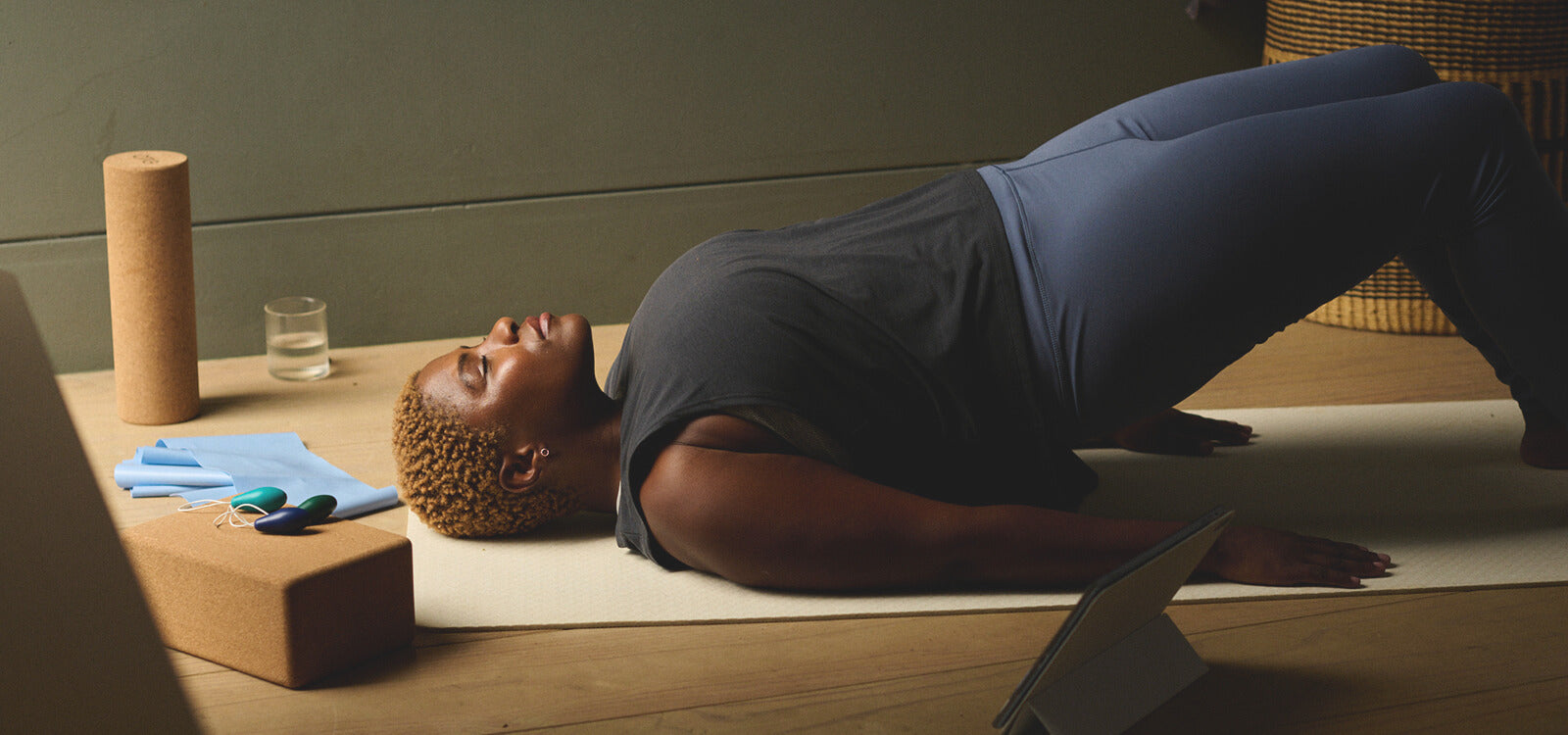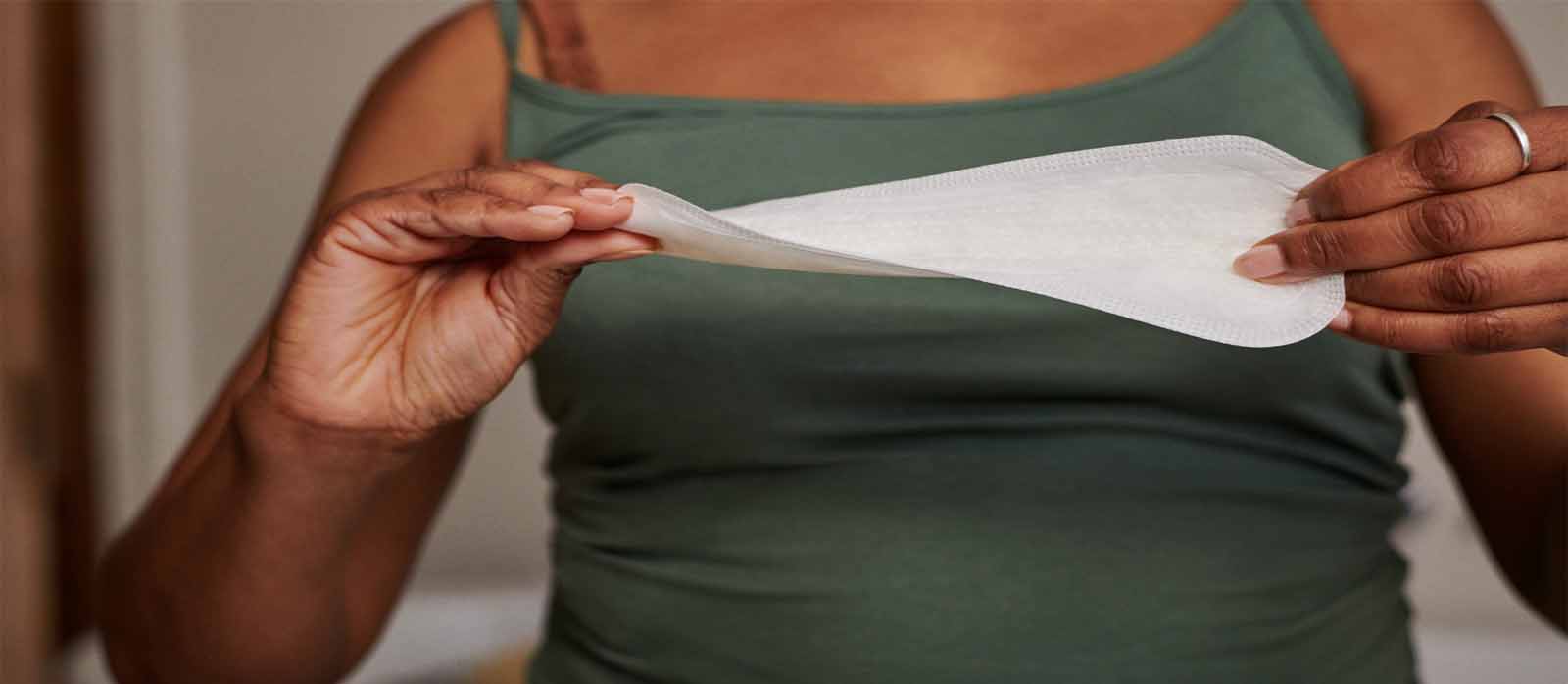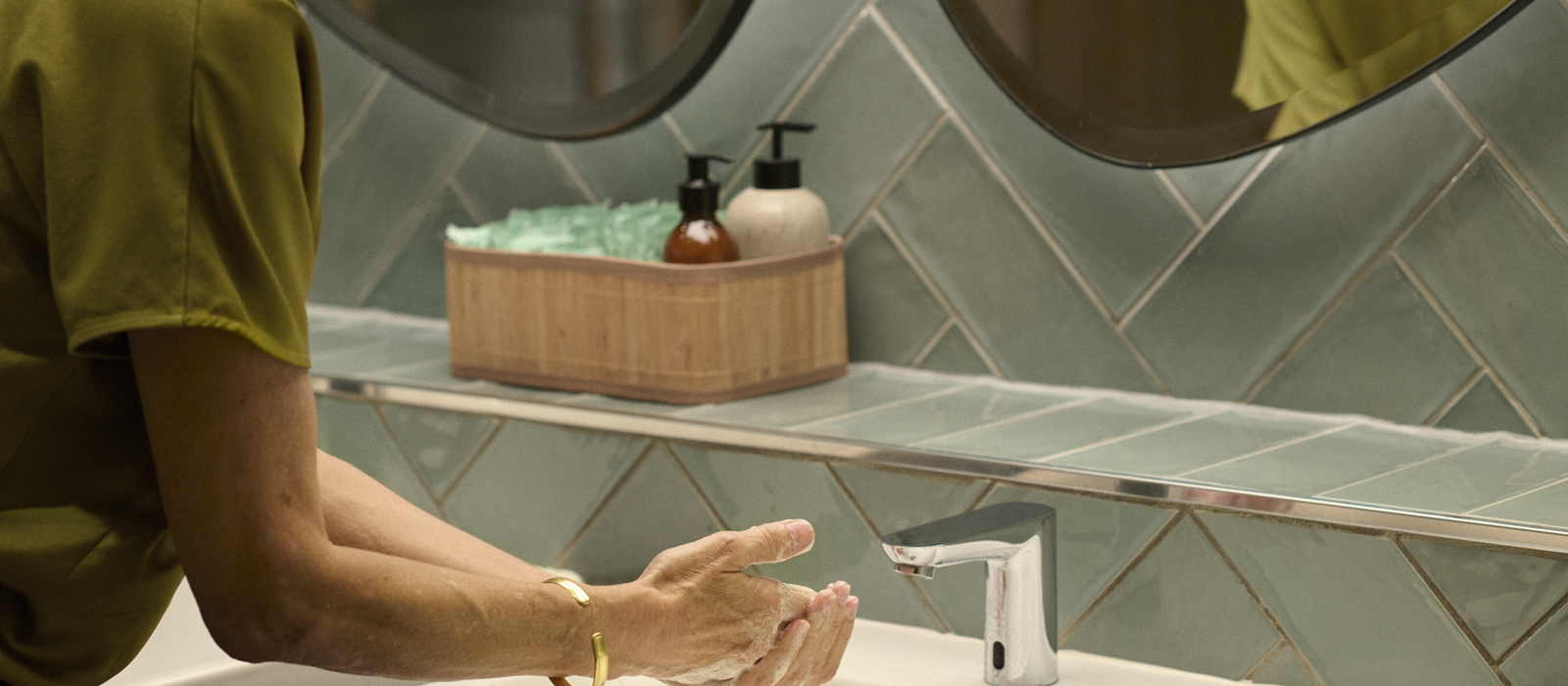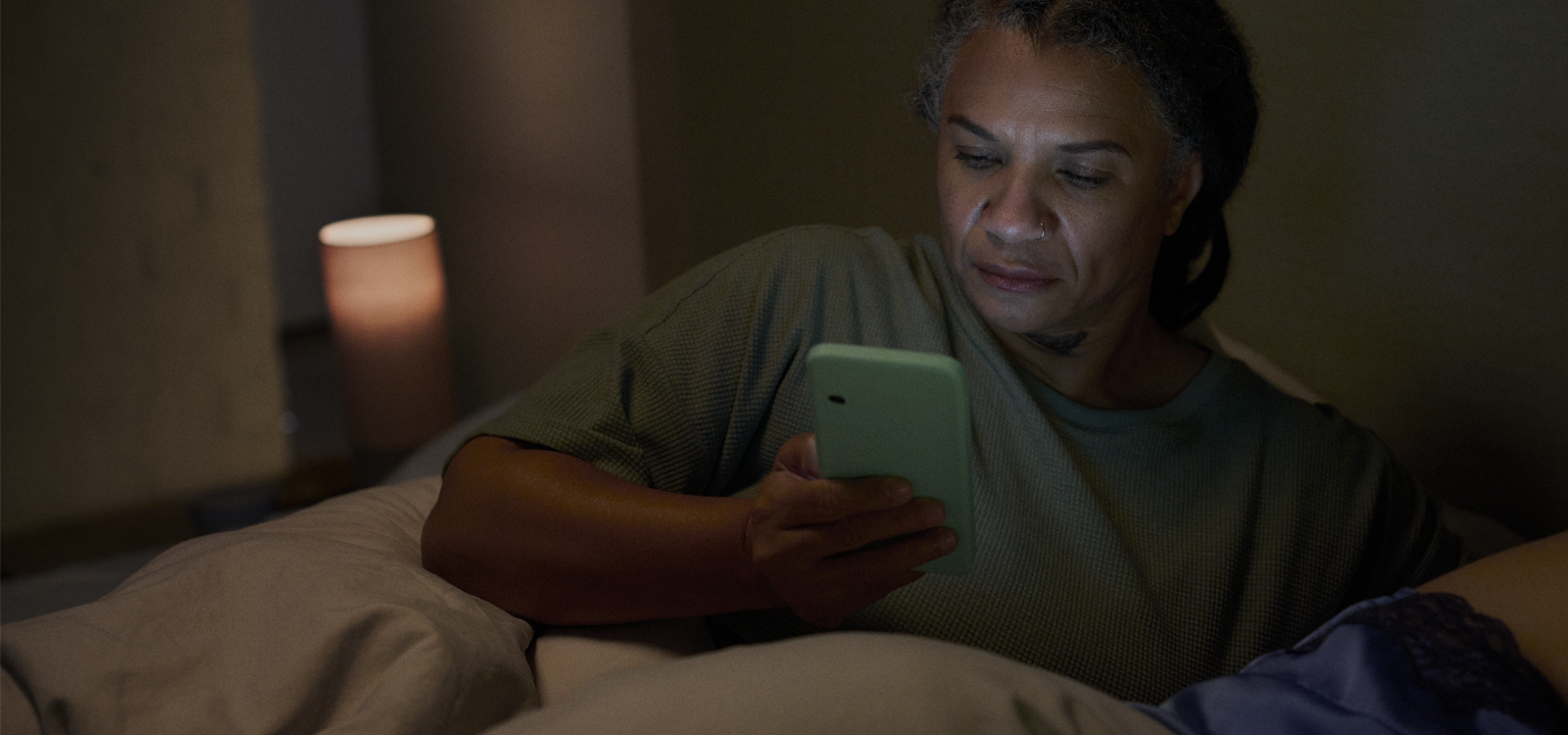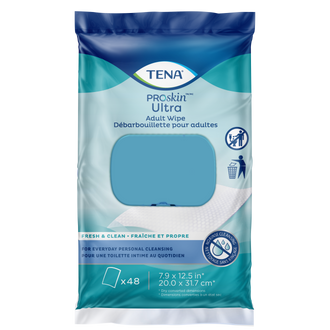Nov 26, 2024
Whether you’re pregnant or planning to become pregnant, you might be surprised to learn just how much your urine color can reveal about your health.
As your body changes during pregnancy, the way you pee will also shift. We’ll explore what those shades mean, how they relate to hydration, and when it’s time to consult a doctor. Let’s get started!
What Does the Color of Urine Indicate During Early Pregnancy?
During early pregnancy, you might notice changes in your urine’s color or smell—and that’s totally normal.1
Urine color can also tell you a lot about your hydration levels.2 If your urine is looking dark, it might be a sign that you’re not drinking enough fluids.2 This can happen if you're dealing with morning sickness.1
Plus, those prenatal vitamins, which contain vitamin B, can also affect your urine color. For example, having a lot of B vitamins in your bloodstream can also cause urine to appear neon yellow.2
Read > Frequent Urination During Pregnancy: Causes and Tips
Common Urine Colors During Pregnancy and What They Mean
There are a few things that could influence your urine’s color including your diet, medications, and hydration levels.2 Many of these shades fit within the range of what is considered "normal" for urine, and for some, you may need to contact a healthcare provider.2
Dark yellow urine during pregnancy
Dark yellow urine can mean that you might be dehydrated, which can happen if you’re not drinking enough water or if you’ve been dealing with morning sickness.2
Some foods, like beets or blueberries, and supplements can also darken your urine.2 If you see this, try to up your water intake and see if that helps lighten things up.
Is bright yellow pee normal?
Now, if your urine is bright yellow, that’s usually a sign of excess B vitamins, especially riboflavin from your prenatal vitamins.2 This is typically normal and not something to stress about. Just keep taking your vitamins as your healthcare provider recommends!2
What color is normal urine when pregnant?
So, what’s the deal with normal urine color during pregnancy? Typically, you’re looking at shades from pale straw to transparent yellow.2 If you’re well-hydrated, your urine will likely be on the lighter side.2 Make sure to keep tabs on your fluid intake to stay in that healthy range!
Is Dark Urine During Pregnancy a Cause for Concern?
Dark urine can sometimes point to more serious issues,2 and if you are experiencing this, please contact your physician.
If your dark urine sticks around even after you’ve been drinking more water, don’t hesitate to get some medical advice.2 Look out for any red flags, like blood in your urine, a strong odor, pain when you pee, or anything unusual like swelling or severe nausea.
Remember, regular prenatal check-ups are your best friend for keeping an eye on your health and addressing any concerns.
Is Leaking Normal During Pregnancy?
If you’re experiencing leaking during pregnancy, you’re not alone! Many women find that it’s a common occurrence, especially as their bodies change.1 Increased pressure on the bladder from the growing fetus, hormonal fluctuations, and changes in pelvic floor strength can all contribute to this issue.1
As your pregnancy progresses, you might find that you occasionally leak urine when you laugh, cough, sneeze, or engage in physical activities.1
To help manage this, consider using products designed for dribbles or leaks. TENA offers a variety of incontinence products that can provide you with the comfort and confidence you need during pregnancy.
These pads and protective underwear are designed to keep you feeling dry and secure, so you can focus on enjoying this exciting time without worrying about leaks.
However, if you’re experiencing persistent or significant leaking, it’s worth discussing with your healthcare provider.
Read > What does a strong urine smell tell us?
Hydration and Urine Color: Tips for Pregnant Women
Staying hydrated is key because it directly impacts how diluted your urine is. When you drink enough fluids, your urine tends to be lighter in color, which is a good sign.2
Plus, staying hydrated supports your body in so many ways—it helps regulate your internal body temperature, form amniotic fluid (which is the liquid that surrounds the baby), produce more blood, and acts as a shock absorber for your spinal cord and brain.3
On top of that, proper hydration can help ease pregnancy discomforts like dizziness, fatigue, and constipation.3
So, how can you make sure you’re drinking enough water? Here are some practical tips:
1. Carry a water bottle: Keep a refillable water bottle with you throughout the day.3
2. Set reminders: If you find it hard to remember to drink, set reminders on your phone or use a hydration app. A little nudge can go a long way.
3. Snack on hydrating foods: Incorporate fruits and veggies with high water content into your diet.3
4. Listen to your body: Pay attention to your body’s signals and make sure to drink enough fluids to avoid frequent thirst.3
By keeping these tips in mind, you’ll be better equipped to maintain proper hydration and support both your health and your baby’s during this exciting time!
Read > What to Eat and Drink for Bladder and Kidney Health
Using a Pregnancy Urine Color Chart to Track Your Health
Have you ever thought about using a urine color chart as a simple tool to track your health during pregnancy? It’s an easy way to monitor your hydration levels and overall well-being. By comparing the color of your urine to a color chart, you can quickly gauge how well-hydrated you are. Remember, always consult with your healthcare provider if you feel, or experience, anything out of the ordinary.
So, when’s the best time to check your urine color? First thing, in the morning is ideal. Your first morning urine usually provides the most accurate insight into your hydration status since it’s more concentrated after a night’s sleep.
Now, let’s talk about some colors to look for. Here are a few specific shades that could signal the need for a medical check-up:
- Red urine: This could be caused by fruits or veggies with naturally pink pigments, like beet , but sometimes this can be caused by medical conditions. Speak with a doctor if you’re ever concerned about blood in your urine.2
- Brown urine: This may suggest liver issues and you should speak to a healthcare professional.2
- Cloudy urine: you notice cloudy urine while pregnant, it could be a sign of a condition known as preeclampsia. It's important to reach out to your healthcare provider right away and inform them if you experience cloudy or foamy urine during your pregnancy.2
If you notice any of these colors, especially with accompanying symptoms, don’t hesitate to reach out to your healthcare provider.2 It’s also a good idea to keep a record of any changes you observe to discuss during your prenatal visits.
Remember, while the urine color chart can be a helpful tool, it’s not a substitute for professional medical advice. Always prioritize regular check-ups and don’t hesitate to ask your doctor any questions or concerns you might have.
References
1. EveryDayHealth. ‘How Does Your Urine Change When You’re Pregnant?’. 2022. Available from: https://www.everydayhealth.com/urine/how-does-your-urine-change-when-youre-pregnant/
2. Healthline. ‘Urine Colors Explained’. 2024. Available from: https://www.healthline.com/health/urine-color-chart
3. WebMD. ‘What to Know About Drinking Water During Pregnancy’. 2022. Available from: https://www.webmd.com/baby/what-to-know-about-drinking-water-during-pregnancy






























































